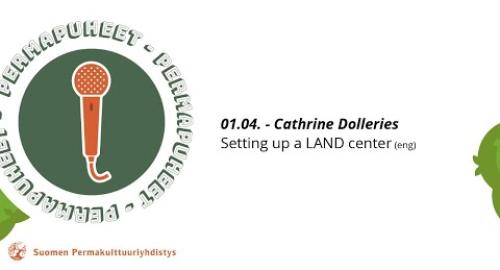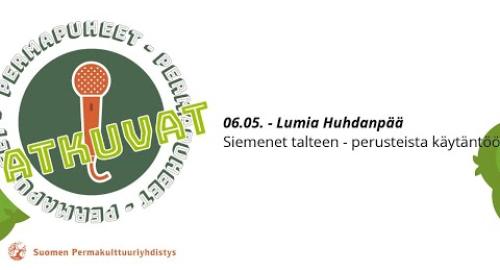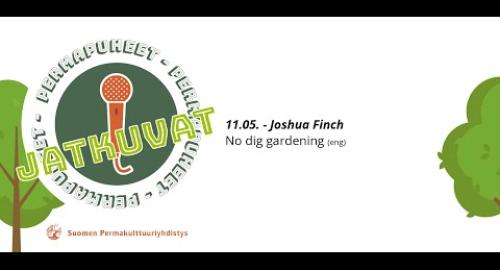Joshua Finch - No dig gardening
Learn about no-dig gardening and permaculture from Joshua Finch. Discover sustainable soil health practices, practical no-dig methods, and permaculture principles for home and market gardens. Enhance productivity and environmental impact with these insights.
🌾 Permaculture Design: Joshua discusses permaculture design, its history, and its importance in sustainable agriculture. He emphasizes the principles of Earth care, People care, and Fair share.
🌿 Soil Health and No-Dig Method: Joshua explains the no-dig gardening method, situating it within the broader context of soil health and permaculture design. He outlines the benefits of minimizing soil disturbance.
🌍 Practical Applications: Joshua shares his experiences with no-dig gardening in various contexts, including market gardening and home gardening. He provides examples of how to implement no-dig methods effectively.
🌳 Integrating Permaculture Principles: The presentation covers how permaculture principles can guide soil health practices. Joshua highlights the importance of keeping soil covered, maintaining diverse living roots, and minimizing disturbance.
💡 Challenges and Solutions: Joshua acknowledges the challenges of no-dig gardening, such as dealing with weeds and managing pests. He offers practical solutions and emphasizes the importance of observation and adaptation.
👥 Community and Education: Joshua talks about his educational workshops and community involvement. He emphasizes the value of teaching others about permaculture and no-dig gardening to promote sustainable practices.
🌾 Succession Planting: Joshua mentions planting lettuce every two weeks for ten weeks to ensure a continuous harvest. This succession planting approach maximizes productivity and resource use.
🧑🌾 Intern Training: Over 20 interns have been trained at Joshua's farm, reflecting the importance of education and hands-on experience in sustainable agriculture.
💰 Economic Impact: The farm aims to produce significant revenue, emphasizing the economic viability of sustainable and no-dig gardening practices.



